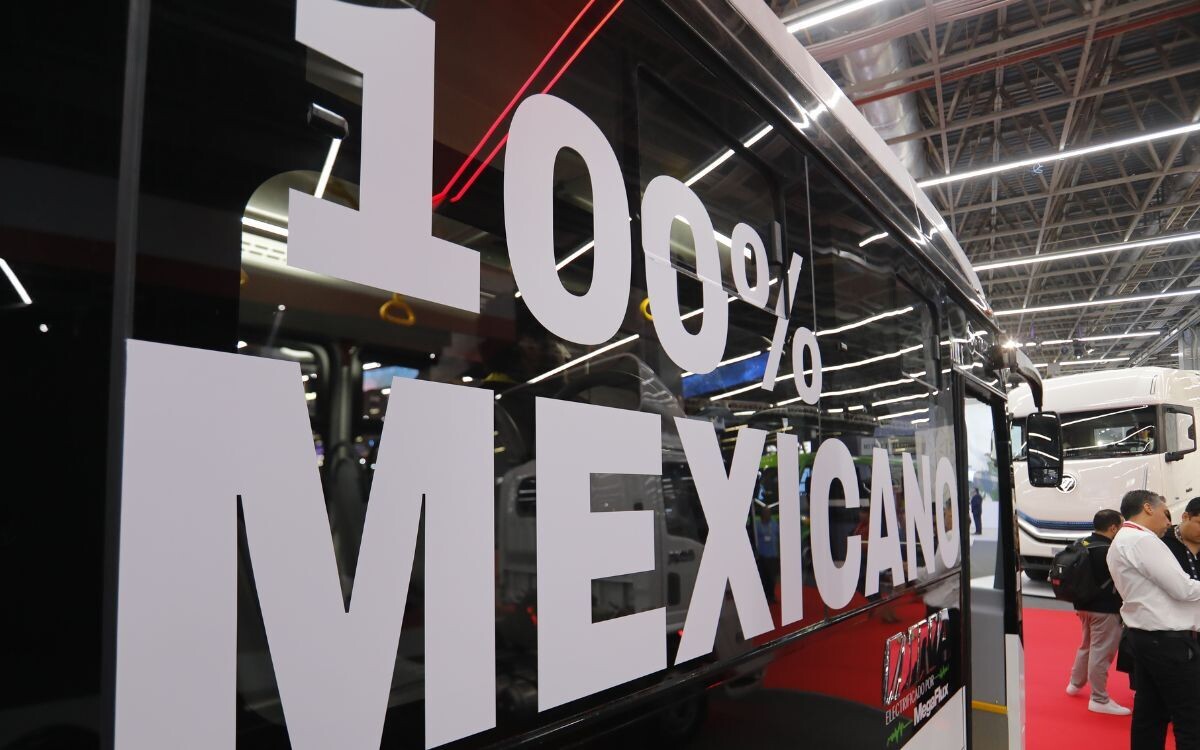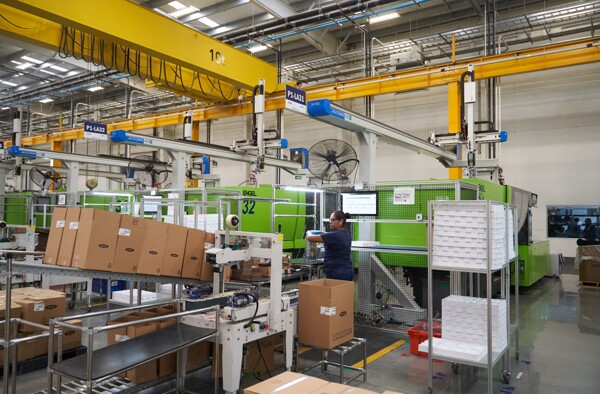
A Mexican company, MegaFlux, has developed and presented its first fully electric bus, named 'Taruk', at the Expo Transporte ANPACT 2025 in Guadalajara. This bus, developed and manufactured entirely in Mexico, is a significant step towards the country's energy independence and sustainability. Roberto Gottfried, CEO of MegaFlux, emphasized that the bus has an 'extremely high level of sovereignty' as all its components, patents, software, and engineering are Mexican property. This gives the country the ability to become independent of foreign suppliers when renewing its bus fleet. The 'Taruk' bus addresses the pollution problem caused by obsolete diesel buses, with an average age of 18 years. According to Gottfried, the operational cost of the electric bus is seven to eight and a half times lower than that of its diesel counterpart. The first version of the bus circulated in 12 Mexican cities, and the company is in negotiations to deploy 800 units in 18 cities over the next 10 months. Specifically, 66 units will soon begin operating in Chetumal (Quintana Roo), where authorities will also create a charging station with photovoltaic panels and storage batteries to launch a clean energy system. The bus has a capacity for 60 people, is adapted for people with disabilities, and maintains its energy autonomy even under high demand with up to a hundred passengers. It is equipped for hot climates and coastal environments with high air salinity. Gottfried noted that Mexico and Brazil are set to pass laws banning the sale of diesel vehicles after 2040, making the development of electric vehicles 'extremely relevant'.
'In more than 40,000 kilometers driven with the first Taruk, what we saw is that the operational cost is seven to eight and a half times lower than that of diesel'.













